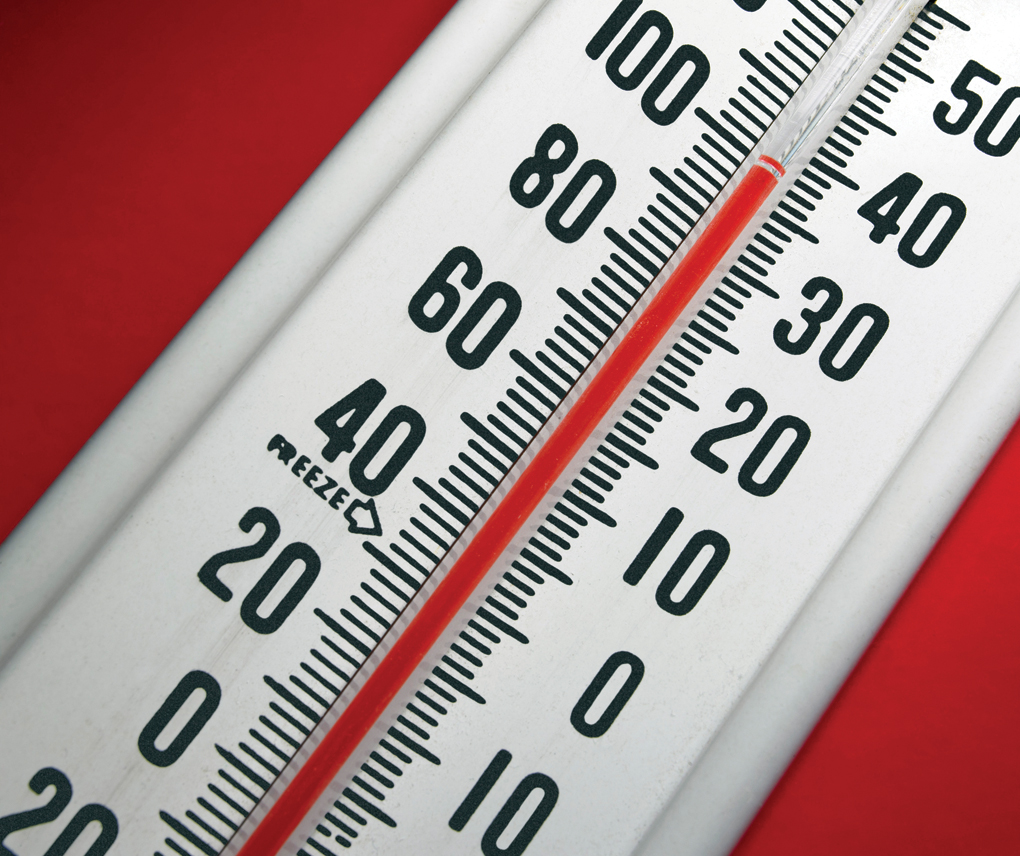PERTH COUNTY – Environment Canada has issued a heat warning for Huron and Perth counties, beginning today (Wednesday, July 26) and is forecast to end on Friday, July 28.
Maximum daily temperatures are expected to reach 30 degrees Celsius, with very high humidex values reaching the 30-40 degrees this week. Nighttime temperatures will be in the low 20s, providing little relief from the heat. Cooler temperatures are expected Saturday, July 29.
Heat warnings are issued when high temperature or humidity conditions reach criteria established by Environment Canada and are expected to pose an elevated risk of heat illnesses, such as heat stroke or heat exhaustion. While extreme heat affects everyone, the risks are greater for young children, pregnant women, older adults, people with chronic illnesses and people working or exercising outdoors.
Ways to stay safer during a heat event include:
- Drink plenty of cool liquids, especially water, before you feel thirsty to decrease your risk of dehydration. Thirst is not a good indicator of dehydration.
- Reschedule or plan outdoor activities during cooler parts of the day.
- Wear loose-fitting, light-coloured clothing made of breathable fabric.
- Never leave people or pets in your care inside a parked vehicle or in direct sunlight.
- Take a break from the heat by spending a few hours in a cool place, such as a tree-shaded area.
- Take cool showers or baths until you feel refreshed.
- Prepare meals that don’t need to be cooked in your oven.
- Block sun out by closing awnings, curtains or blinds during the day.
- Avoid sun exposure. Shade yourself by wearing a wide-brimmed, breathable hat or using an umbrella.
Extreme heat affects everyone. The risks are greater for young children, pregnant women, older adults, people with chronic illnesses and people working or exercising outdoors.
Heat-related illnesses include heat stroke, heat exhaustion, heat fainting, heat edema (swelling of hands, feet and ankles), heat rash and heat cramps (muscle cramps). Watch for symptoms of heat-related illnesses, which include:
- Dizziness or fainting
- Nausea or vomiting
- Headache
- Rapid breathing and heartbeat
- Extreme thirst
- Decreased urination with unusually dark yellow urine.
If you experience any of these systems during extreme heat, immediately move to a cool place and drink liquids. Water is best.
Heat stroke is a medical emergency. Call 911 or your local emergency number immediately if you are caring for someone who has a high body temperature and is either unconscious, confused, or has stopped sweating. While waiting for help, cool the person right away by:
- Moving them to a cool place, if you can
- Applying cold water to large areas of the skin or clothing
- Fanning the person as much as possible.
Check in on neighbours, friends and older family members, especially those who are chronically ill, to make sure they are cool and hydrated.
Follow Environment Canada’s weather forecasts at www.weather.gc.ca so you can plan ahead to stay safe in hot weather.



